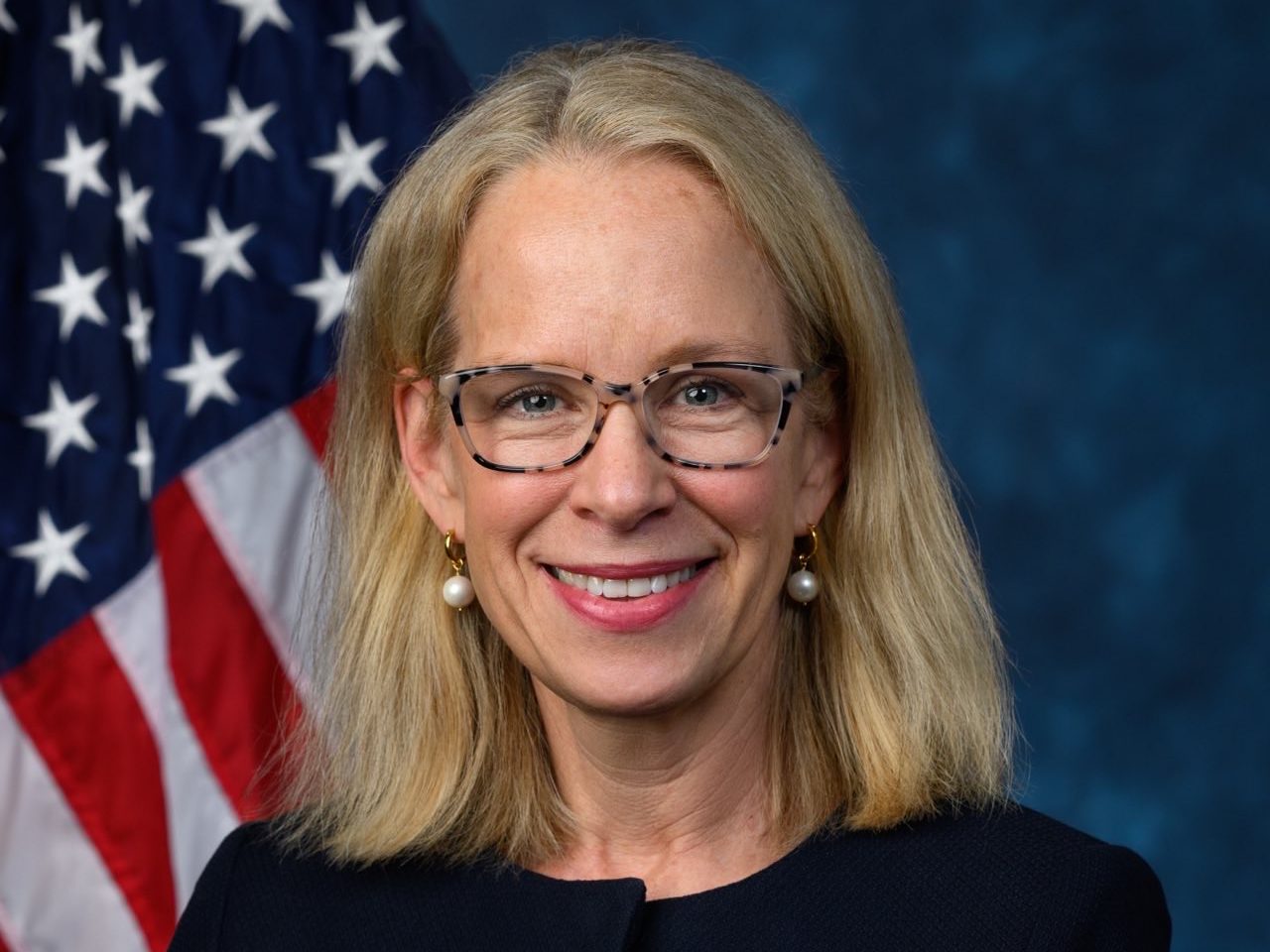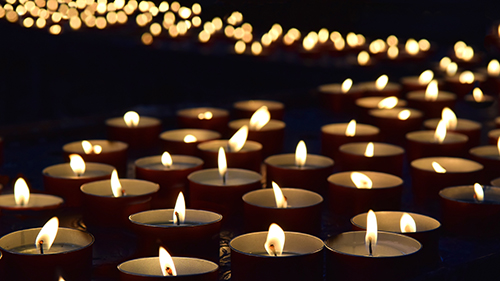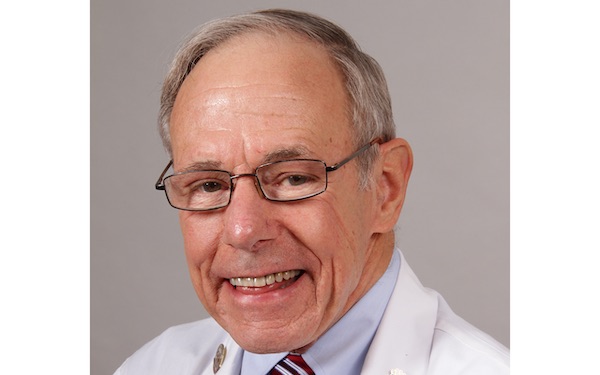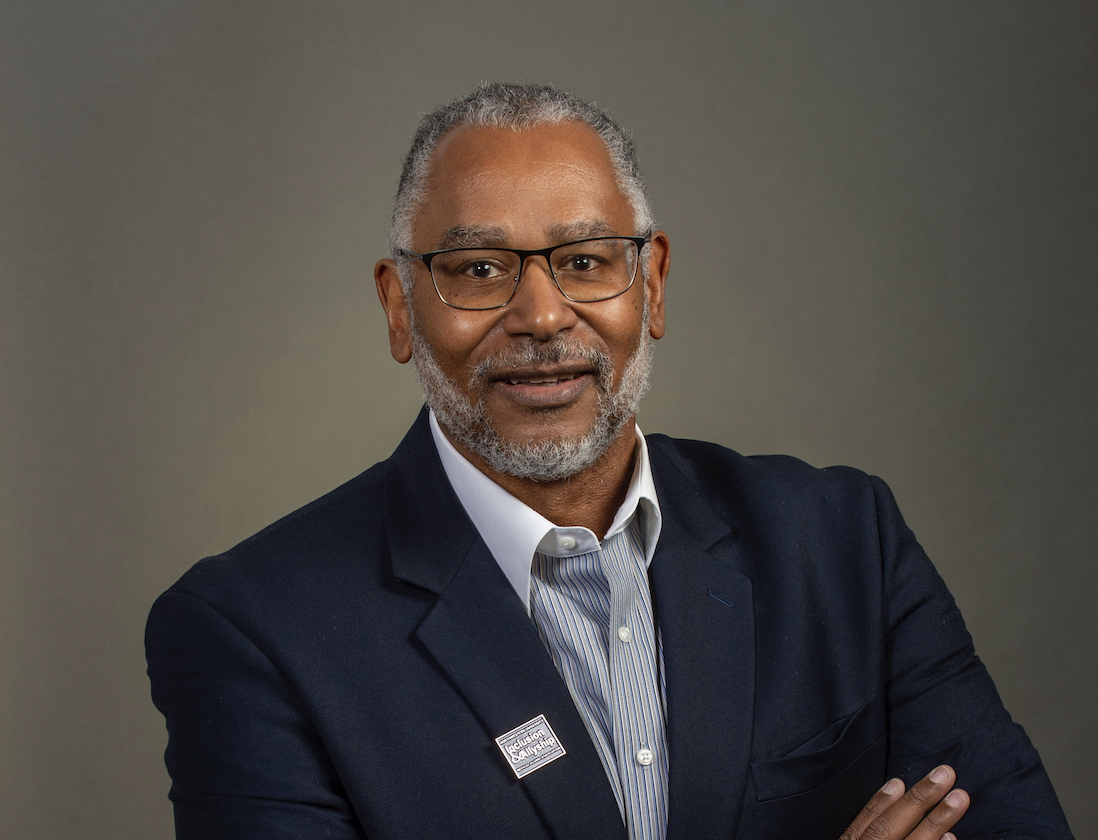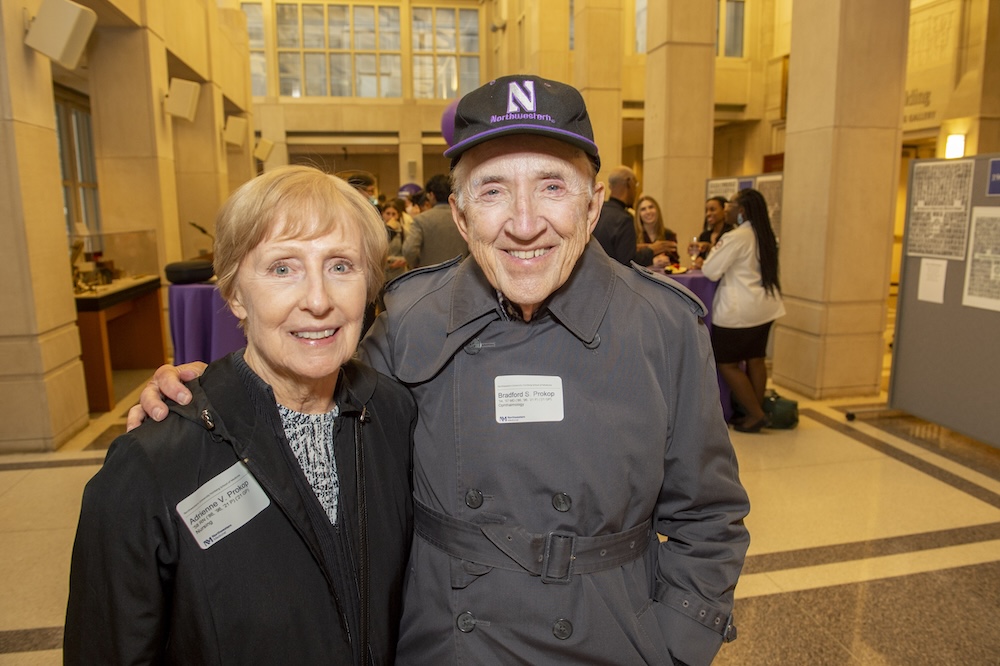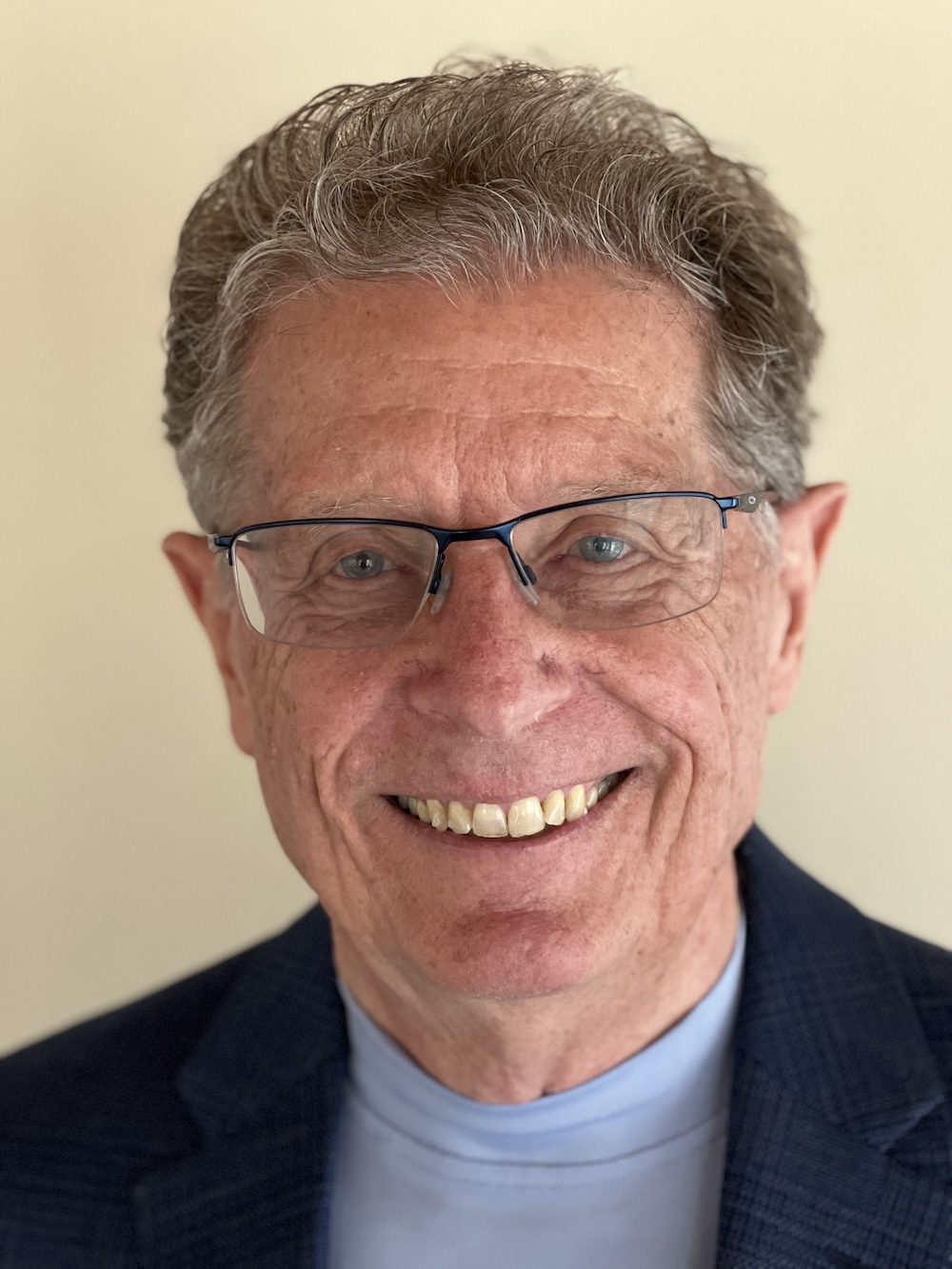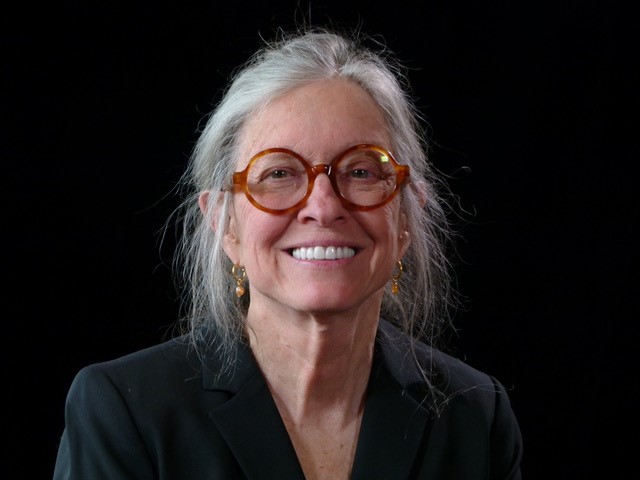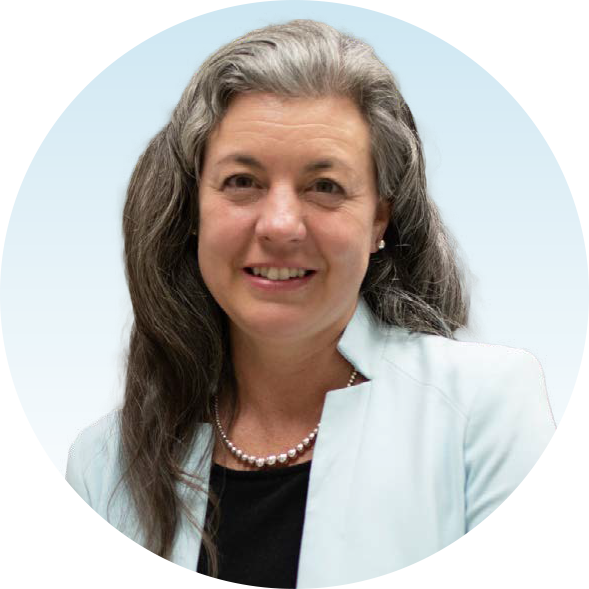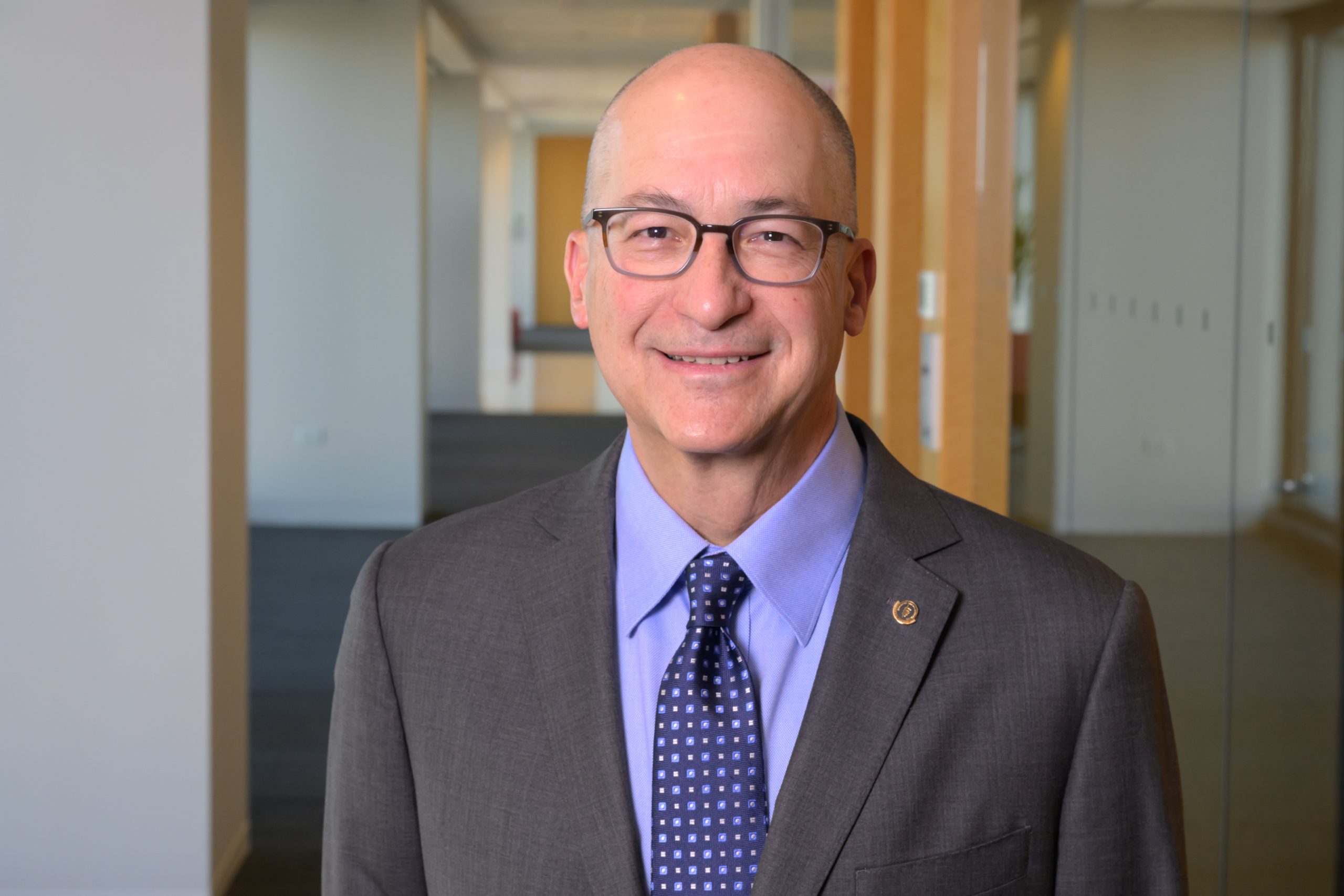Home / Alumni News / Notes From a First-Year Resident
Notes From a First-Year Resident
WRITTEN BY: Roshni Bhatnagar, ’19 MD
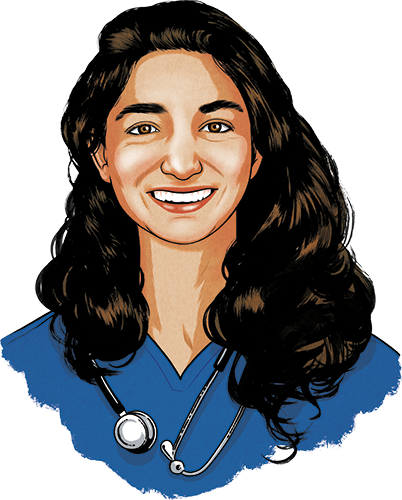
“Hi, I’m Roshni. I’ll be the doctor taking care of you tonight.”
It’s amazing the difference a single word makes.
It was June 2019 — the start of my Internal Medicine residency at UCLA. For my first two weeks, I served as the overnight physician in the medical intensive care unit (ICU), caring for our hospital’s sickest patients. Within days of introducing myself as a doctor, I began to understand how people react to this title: Patients and family members stop what they are doing, stand to greet me, or pull out their notebooks; more experienced colleagues await my decisions.
But in those moments, I still felt like “Roshni,” not “doctor.”
In just one week, I had many firsts. My first prescription: 20 mEq of potassium repletion. My first page: “Call the neurologist back for recommendations about seizure medications.” My first time ordering a blood transfusion, evaluating possible stroke, placing a feeding tube and confirming its placement on x-ray. There were also the things I had learned at Feinberg: Convincing a patient to take life-saving medications, chest compressions during a cardiac arrest code, and advocating for a cancer patient to receive pain medications because my first duty is to do no harm.
I learned an important lesson: MD or not, this work is personal.
On my second night in the ICU, I was paged to complete a death exam. Earlier in the night, I had seen the patient’s family members trickle in. They’d hung streamers from the door and put candles into a chocolate grocery store cake. Gospel notes had rasped out of an iPhone speaker into the hallway.
When I entered the room this time, the tone had changed. Fifteen previously hopeful faces greeted me with stricken expressions. I stepped through the crowd toward the patient, who was lying peacefully with his eyes closed. With one finger, I lifted each eyelid to examine his pupils, immediately surprised at how doughy his skin had become within just a few minutes of dying. I moved quickly through an exam I’d done many times before, but was jarred when I listened to his heart — this was the first time I listened to a chest without hearing a heartbeat. I finished with a short, subtle pinch of the first fingernail, to confirm his pain reflex was no longer intact.
“Time of death: 2:47 a.m.,” I announced in a somber voice. All at once, his previously motionless family erupted in agony. His wife launched herself into my arms; his daughter burst into tears; other family members wailed around us. Although they had probably known the reality for the entire five minutes it took me to reach the room, they had waited for my words to confirm it was true. Immediately, I felt the absurdity of one human confirming that another human has passed.
I knew my graduation from Feinberg would come with a title, a wealth of knowledge, and enormous responsibility, but I hadn’t anticipated this deference and esteem that I didn’t yet feel I had earned for myself. In fact, it was easier for me to hold my patient’s family members as if grieving with a friend than it was to accept the authority with which they regarded my statement. Though I’d heard many physicians announce those words in the past, this time, they were mine. And the respect and gravity with which they ought to be said had to be mine as well.
Fast forward eight months into my residency, and I have come to perform this exam with some frequency. Those moments and many others that required me to be my patient’s expert, confidant, or decision-maker have made the absurdity of making life and death choices for another person less palpable to me. But in those first few nights in the ICU, when I felt more like a visitor than a physician, I learned an important lesson: MD or not, this work is personal.
When I make clinical decisions, it’s my physician self, the one who bears a title, who signs all the prescriptions. But it’s the rest of me who receives a joy-filled hug from a patient or musters the courage to click “Discontinue” on electronic orders for life-saving medications when my patient’s family declines resuscitation. I have grown into my role as a doctor as the months have flown by, but I can’t let myself forget the discomfort I felt in those early days — when I related to patients as a fellow human before I remembered myself as the physician.
Perhaps mastering — and balancing — both feelings is the true challenge of being a doctor.

